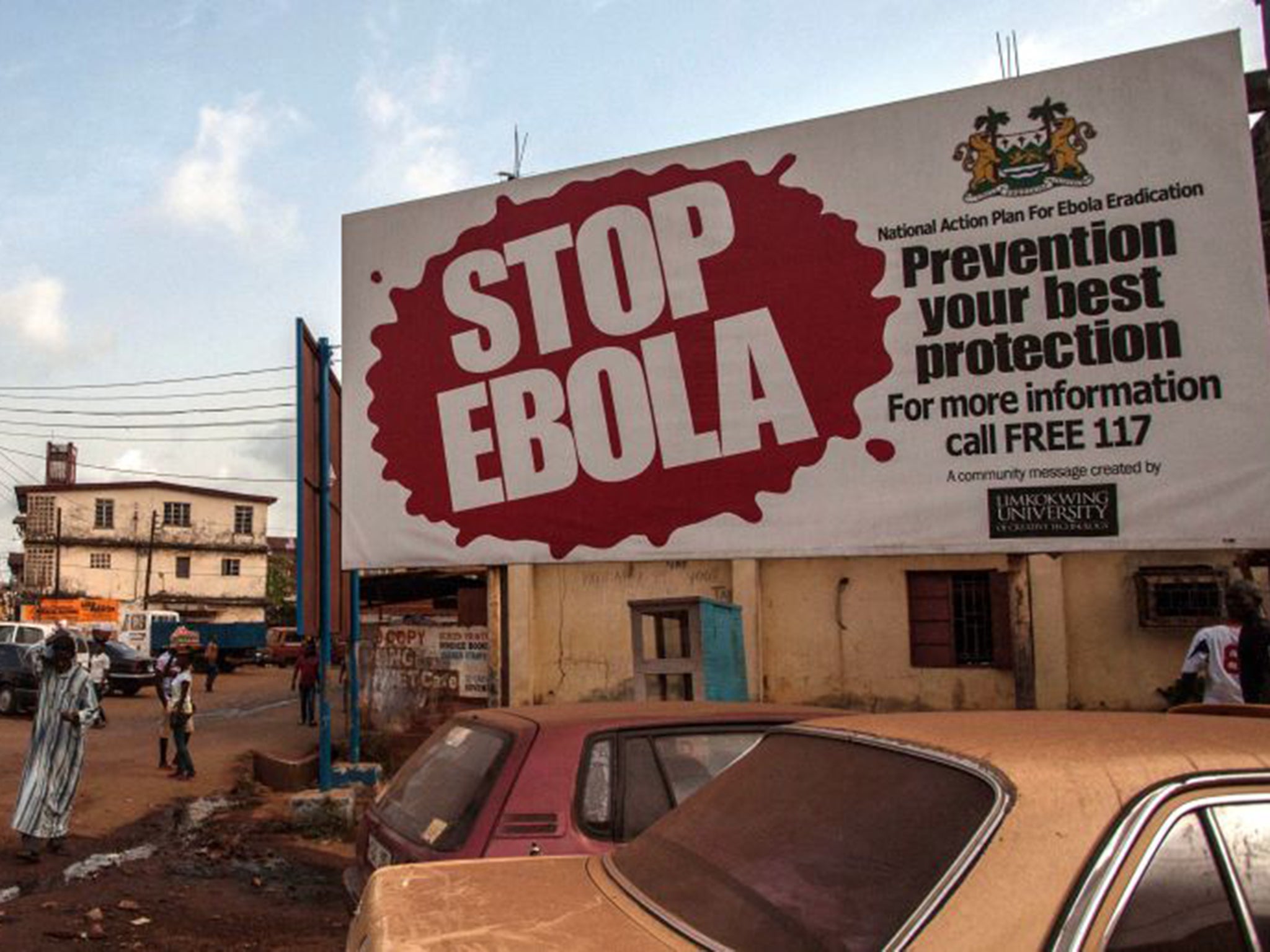UK 'vulnerable' to an Ebola outbreak thanks to inadequate vaccine manufacture, MPs warn
The Science and Technology Committee said Britain "lacks the capacity" to produce vaccines in enough quantity

The UK is vulnerable to an outbreak of Ebola and other deadly diseases thanks to significant deficiencies in the way the country manufactures vaccines, MPs have warned.
In a warning issued on Monday, members of the government’s Science and Technology Committee said Britain “lacks the capacity” to produce vaccines in enough quantity to protect citizens in the event of a serious outbreak of a deadly and contagious disease such as Ebola.
“We are… concerned that, in the unlikely but possible event of a domestic outbreak, the UK lacks the capability to go further and manufacture enough vaccines to vaccinate UK citizens in an emergency,” the report warned.
”Existing facilities are degraded and new plants will take years to build, leaving the UK in a vulnerable position,” it adds.
In the event of a global Ebola outbreak, Britain would be heavily reliant on vaccination donations from other countries. The concern is that these countries would almost certainly prioritise their own nationals in the event of such an outbreak and may refuse to release supplies to the UK.
Experts have issued stark warnings over the report’s findings.
Speaking to the BBC, Ebola vaccination expert Professor Adrian Hill described the lack of adequate vaccination production facilities as a “national security issue”. Chief medical office Professor Sally Davies said: “We are looking at how we can try and attract companies back.”
The report’s findings were not entirely negative, however, with the Science and Technology Committee praising the “heroic” efforts of volunteers who risked their own lives during the recent Ebola outbreak which started in West Africa and peaked in late 2014 and early 2015.
But it did say the government’s response to the outbreak was “undermined by systematic delay”, adding that there were “delays were evident at every stage of our response” to the crisis.
It also criticised the government’s decision to set up Ebola screening stations at UK airports, contrary to recommendations from the World Health Organization.
More than 11,000 people have died in West Africa since the start of the largest-ever outbreak of Ebola, which has now been restricted to sporadic cases in Sierra Leone.
Join our commenting forum
Join thought-provoking conversations, follow other Independent readers and see their replies
Comments